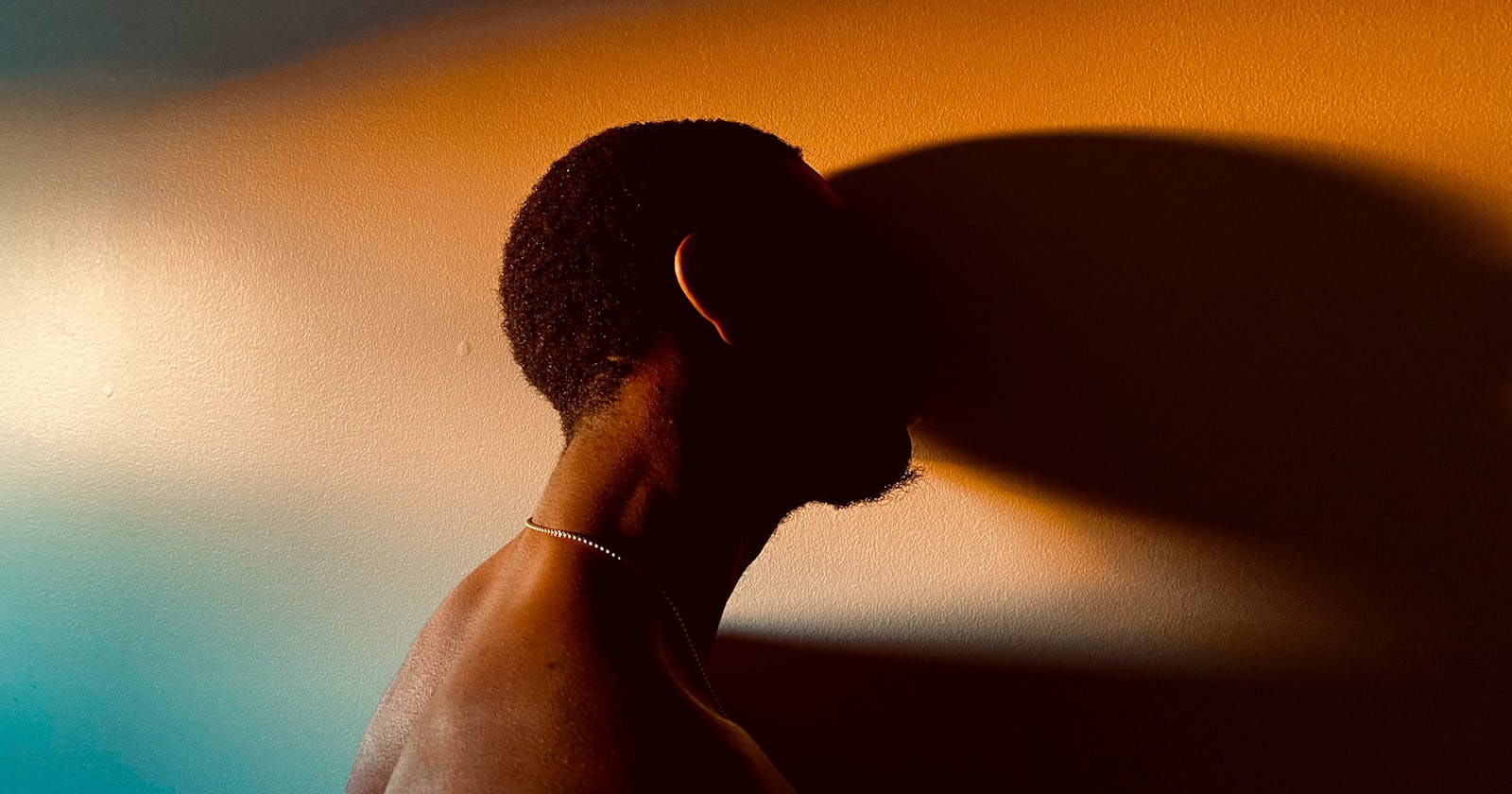Table of contents
No headings in the article.
Social media has become an integral part of modern life, with billions of people around the world using platforms like Facebook, Instagram, and Twitter on a daily basis. While social media can be a great way to stay connected with friends and family, share information, and even find support, it can also have negative impacts on self-esteem.
One of the main ways in which social media can impact self-esteem is through the comparison trap. Seeing the highlight reels of other people’s lives can make it easy to compare ourselves to others and feel like we are falling short. This can lead to feelings of inadequacy and low self-esteem. For example, seeing friends and acquaintances posting about their accomplishments, vacations, and perfect relationships can make us feel like we are not measuring up.
Another way in which social media can impact self-esteem is through cyberbullying. Cyberbullying refers to the use of technology, particularly social media, to harass, threaten, or intimidate someone. This can include sending hurtful messages, spreading rumors or lies, or posting embarrassing photos or videos. Cyberbullying can have serious consequences for self-esteem, leading to feelings of shame, fear, and worthlessness. It can also lead to social isolation and a sense of disconnection from others.
Additionally, social media can contribute to body image issues. Seeing a constant stream of perfectly curated and photoshopped images can make it easy to feel like we are not good enough or do not measure up. This can lead to body image dissatisfaction and low self-esteem. This can be especially harmful for younger users who are still developing their self-image and sense of self-worth.
So, how can we protect our self-esteem on social media? Here are some tips for protecting your self-esteem on social media:
1. Limit your social media usage: It’s important to set limits on the amount of time you spend on social media to prevent it from consuming too much of your time and energy. Consider setting aside specific times of the day or week to check social media, rather than constantly scrolling and checking for updates.
2. Unfollow or mute accounts that make you feel bad about yourself: If you find that certain accounts or people on social media make you feel bad about yourself, consider unfollowing or muting them. You don’t have to subject yourself to negative or harmful content. Surrounding yourself with positive and supportive accounts can help boost your self-esteem.
3. Be mindful of what you post: Think carefully about the content you share on social media. Consider whether it is authentic and represents who you are, rather than just trying to impress others or fit a certain image. Remember that social media is not always a true representation of reality, and it’s okay to be vulnerable and genuine.
4. Remember that social media is not a true representation of reality: Keep in mind that what you see on social media is often just a highlight reel of people’s lives. Remember that everyone has struggles and imperfections, and what you see on social media is not always the full story. Try to focus on your own goals and accomplishments, rather than comparing yourself to others.
5. Seek support: If you are struggling with low self-esteem or body image issues due to social media, it’s important to seek support. This can include talking to a trusted friend or family member, seeking therapy, or joining a support group. It’s important to remember that you are not alone and that there are resources available to help you.
Overall, it’s important to be aware of the potential impacts of social media on self-esteem and take steps to protect ourselves. By setting limits on usage, unfollowing or muting negative accounts, being mindful of what we post, remembering that social media is not a true representation of reality, and seeking support when needed, we can use social media in a positive and healthy way. It’s okay to disconnect from social media from time to time and prioritize our own well-being. By taking care of ourselves and our self-esteem, we can use social media as a tool to connect with others and share our experiences, rather than allowing it to bring us down.
